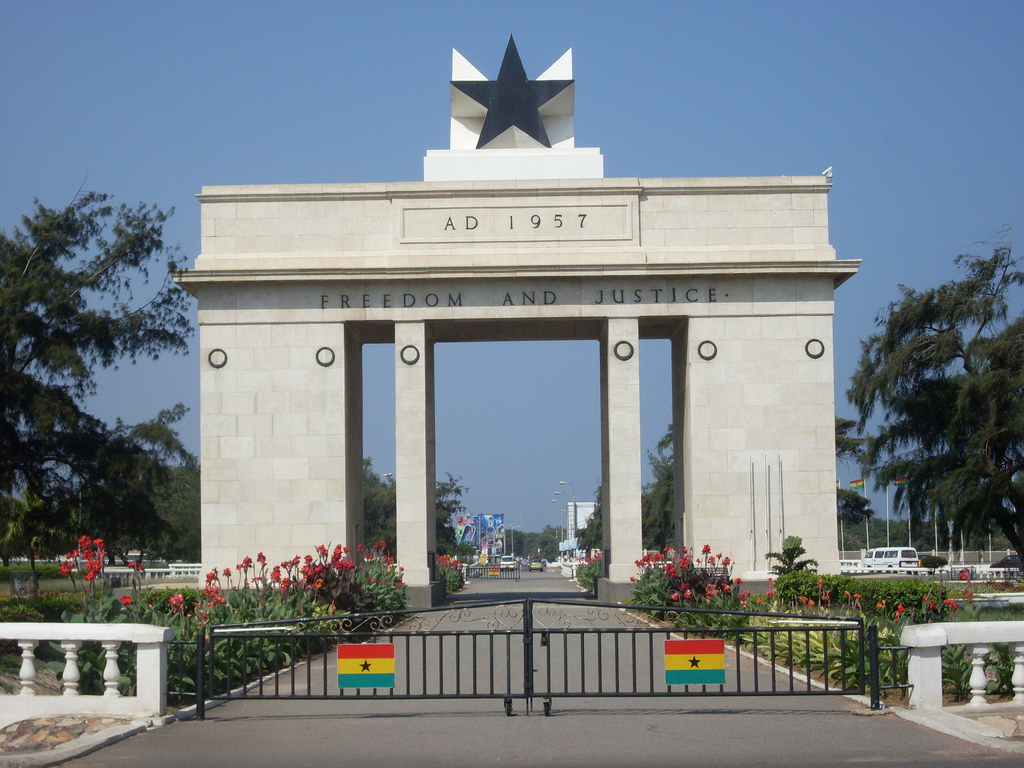Ghana is celebrating its 54th Republic Day today. It is a day that the country totally weaned itself from British Colonial rule.
The day is a statutory public holiday and Senior Citizens Day, on which the elderly, some of whom played significant roles in the struggle for freedom and the nation-building process, are accorded state recognition.
54 years ago, Ghana achieved republican status which marked an event of profound historical and political significance.
The feat implied that Ghana had the freedom to draw its own constitution and elect a president, who, with the cabinet, could initiate programmes for the well-being of the people.
Since then, the country has been managed by both civilians and military rulers but still faces a lot of challenges like unemployment, diseases, poverty, chieftaincy disputes, illiteracy among others.
After becoming the first sub-Saharan African country to achieve independence on March 6, 1957, Ghana’s political freedom inspired the liberation of many other African countries from colonial governance.
Three years after gaining political independence, Ghana totally weaned itself from British colonial rule.
Prime Minister Osagyefo Dr Kwame was then sworn into office as the first President of the country, after leading the Convention People’s Party (CPP) to win the general election.
As it has been, the same person who had led the independence struggle from1950 to 1957, his progression from Prime Minister, as he was till 1960, to that of a President was warmly-welcomed by most citizens.
Since independence in 1957, Ghana has experienced six years of one-party system, 21 years of military dictatorship and 29 years of multi-party system.
The First Republic, which came to being in 1960, was overthrown in a military coup in a 1966, as the National Liberation Council junta held power until 1969 when it restored civilian rule with Dr Kofi Abrefa Busia.
But the Second Republic survived for only three years as the military overthrew Busia’s government in 1972 and held sway until 1979 when it restored civilian rule.
After leading the People’s National Party (PNP) to win the 1979 general election, Dr Hilla Limann became the President of the Republic of Ghana under the Third Republic, but his administration was truncated on December 31, 1981 by junior officers of the military in what became the shortest civilian regime in the country’s history.
Flt Lt Jerry John Rawlings, led the Provisional National Defence Council (PNDC) to rule the country for 11 years.
Currently we are in the fourth republic which began in 1992. On this occasion, the over 25 million Ghanaians are expected to reflect on the chequered political strides the nation has made from a one-party state at the beginning of the first republic in 1960 to its current democratic status and also to honour senior citizens.
Source: GBC


